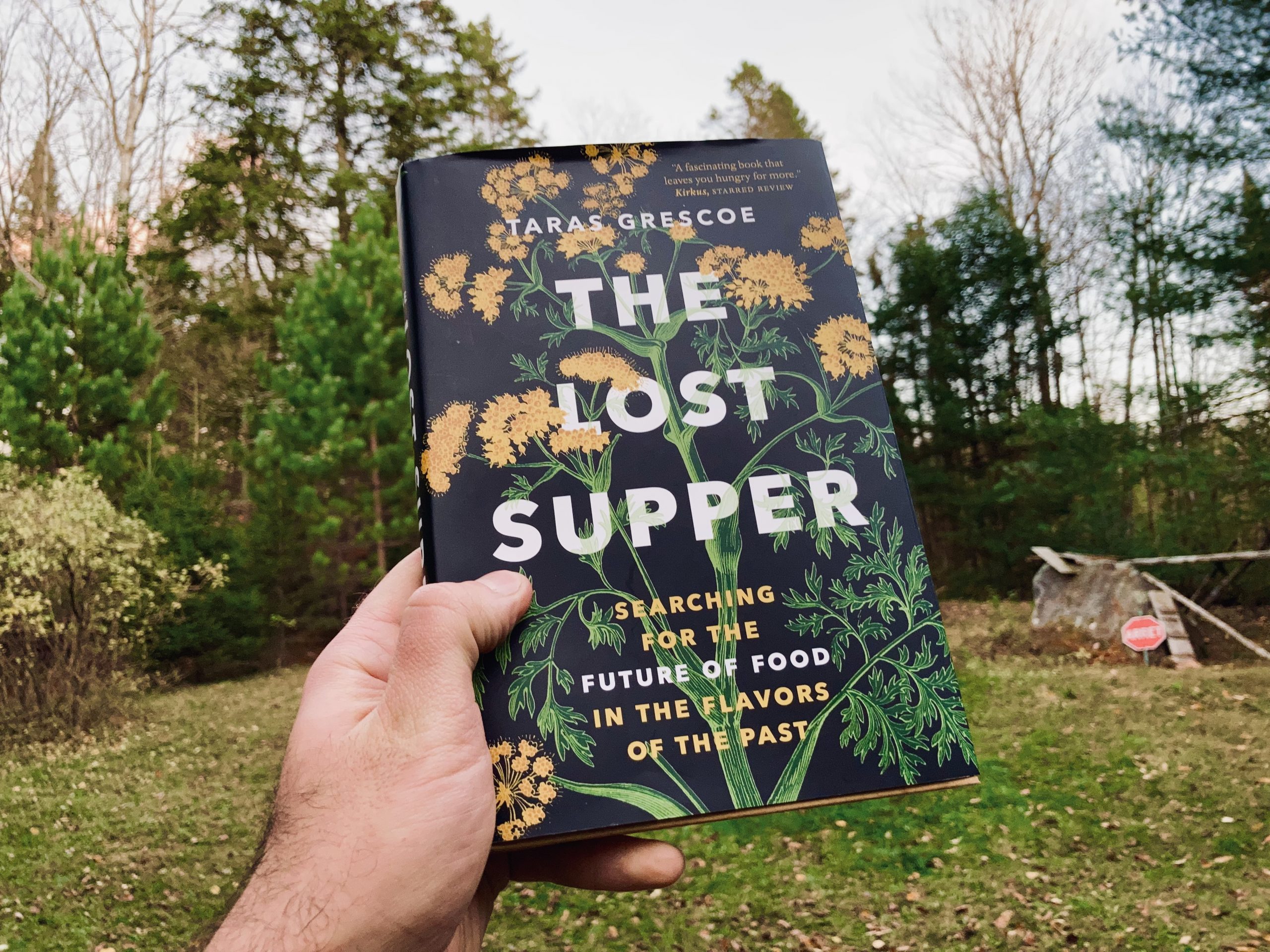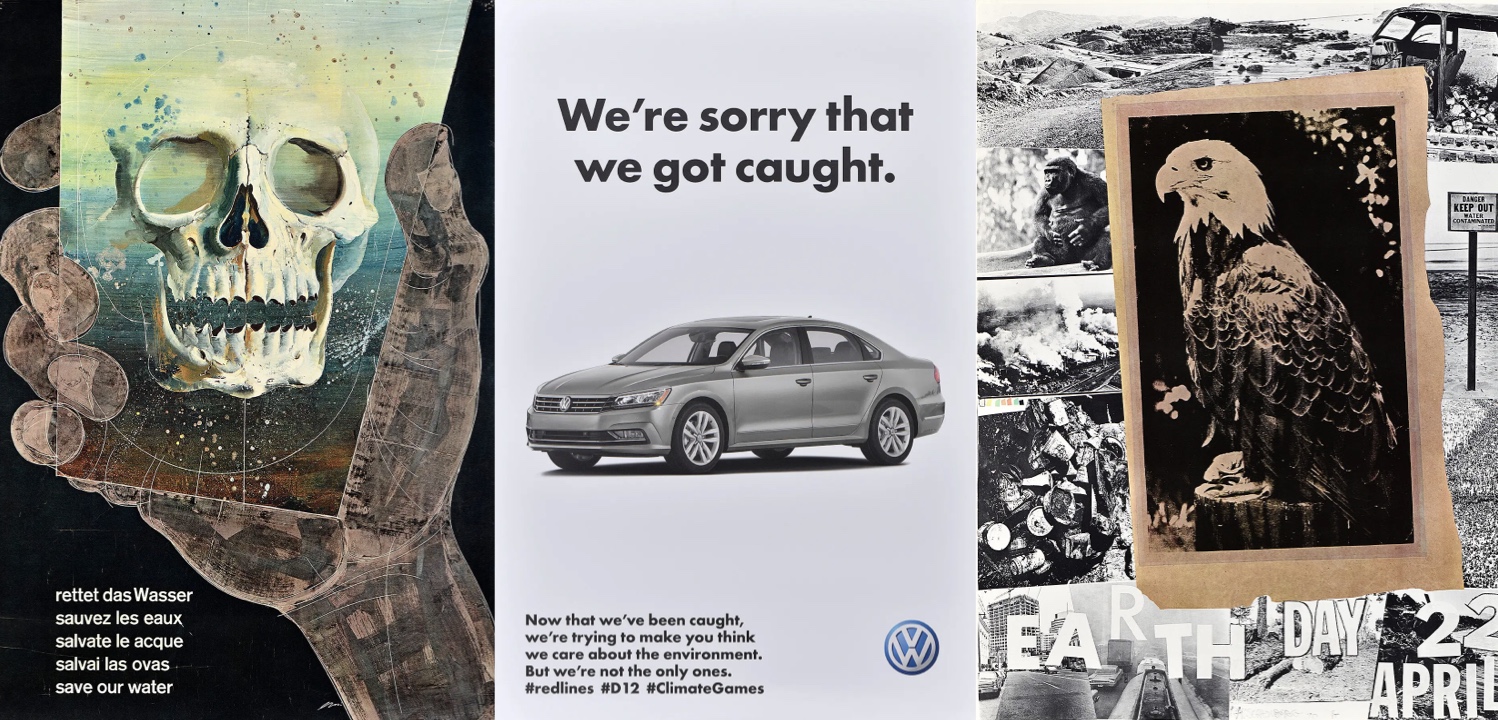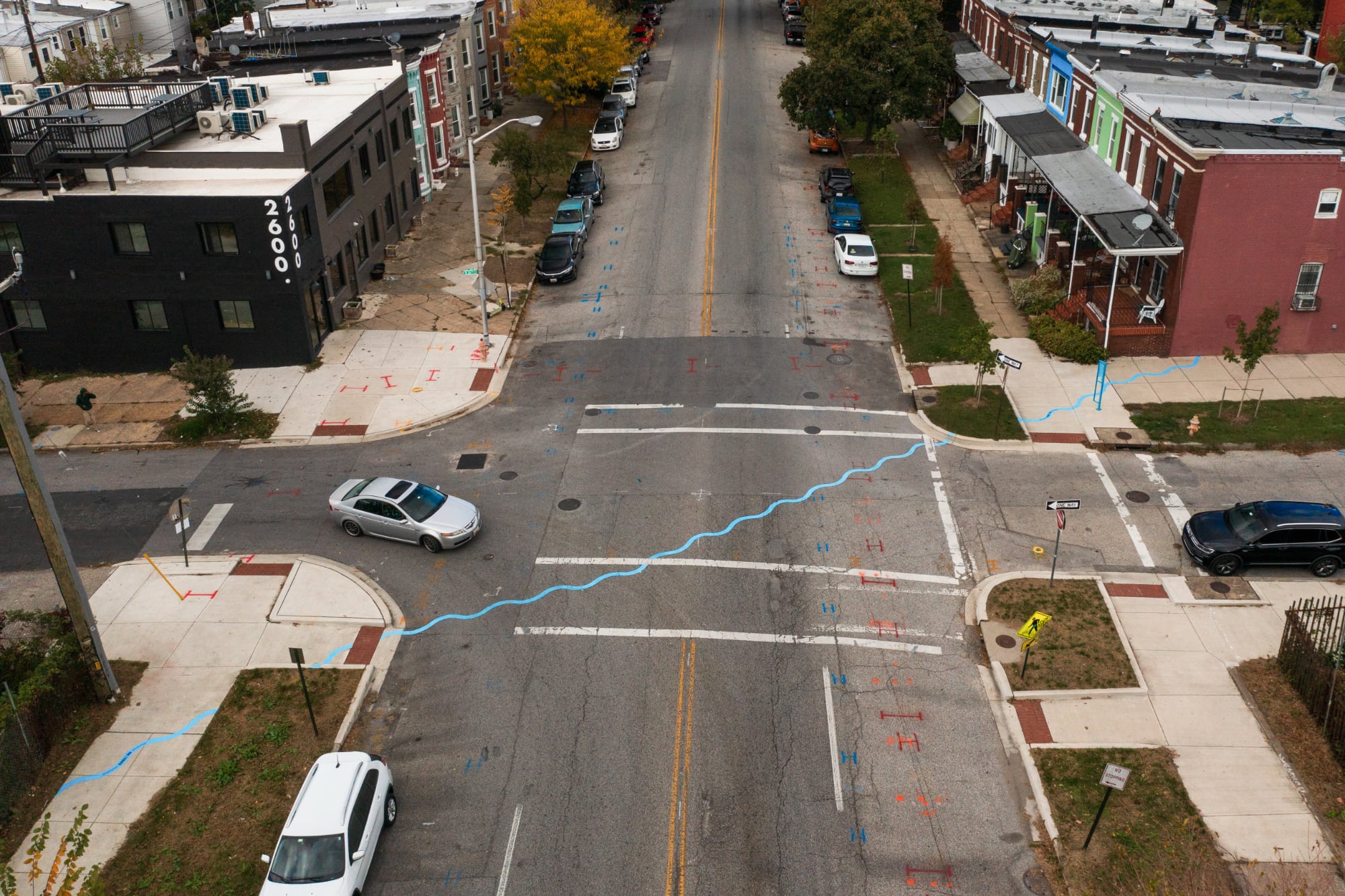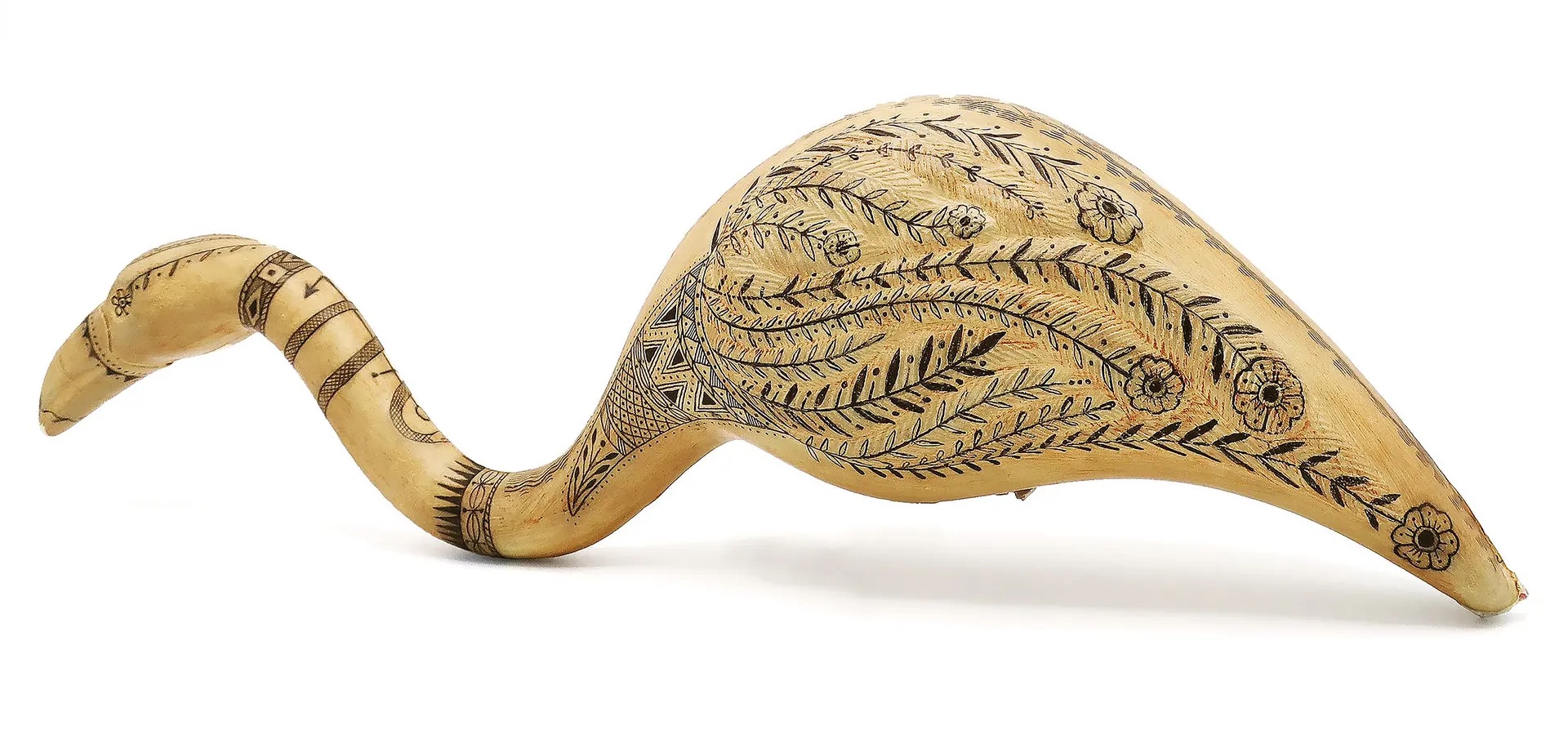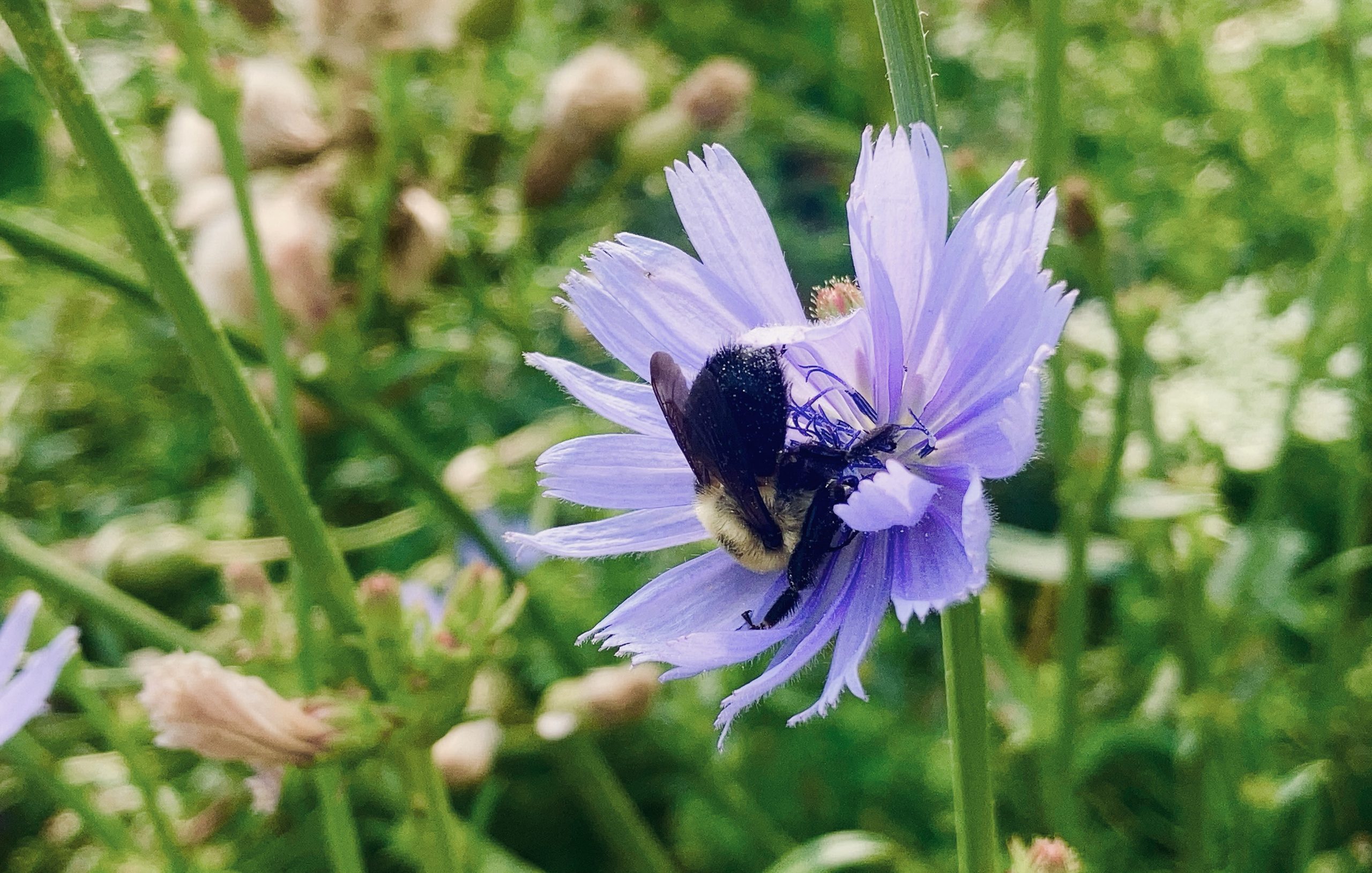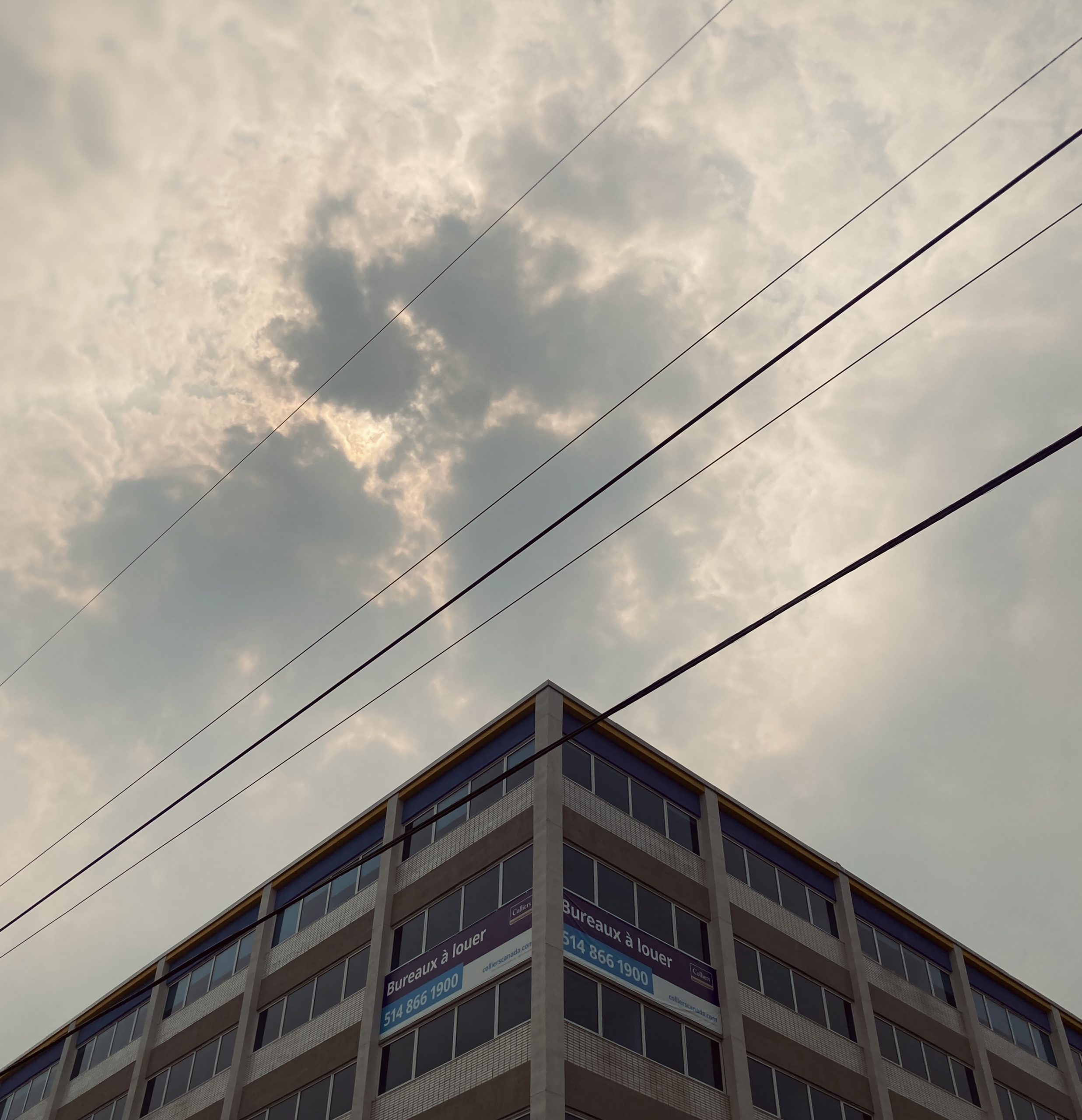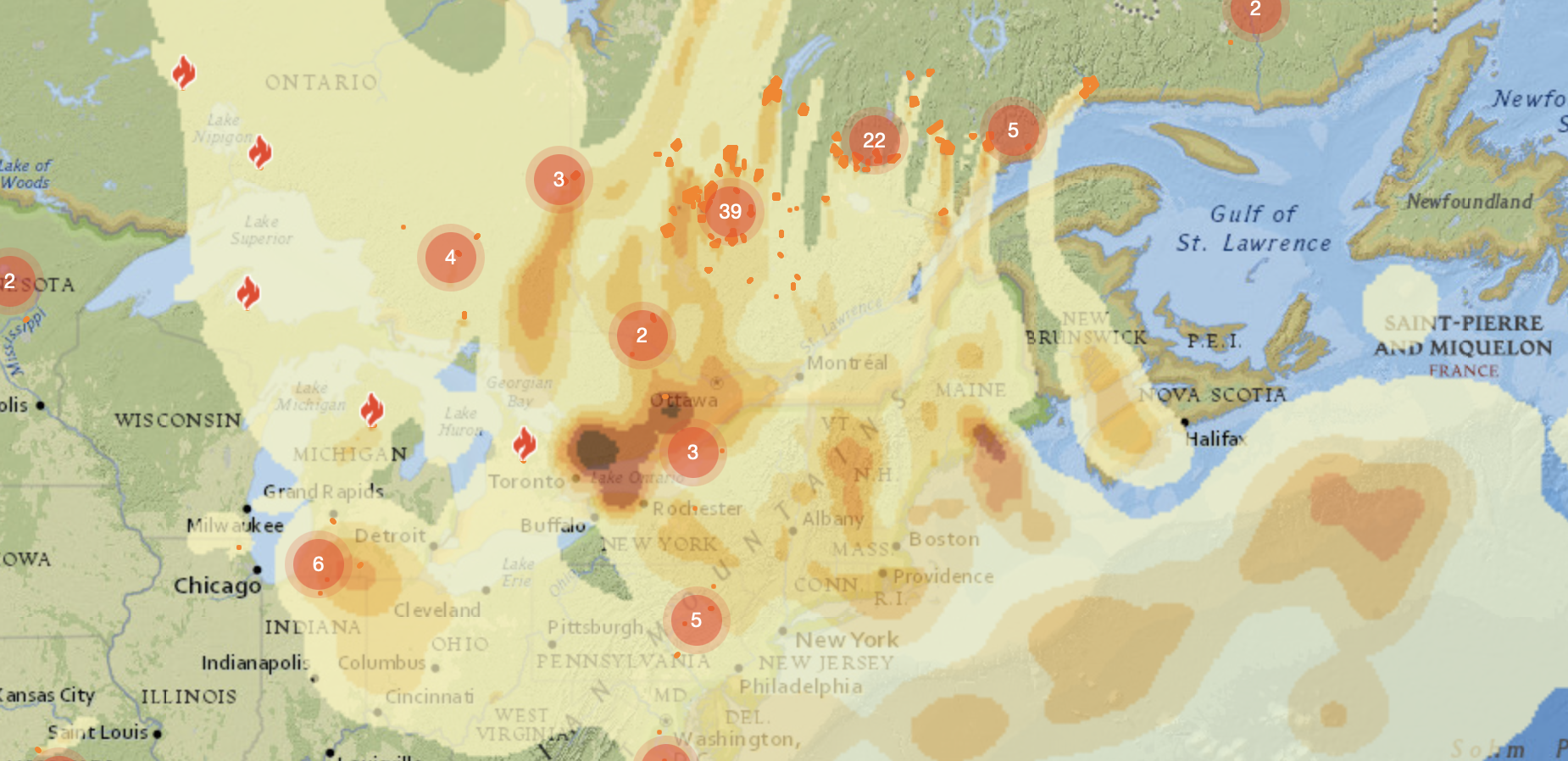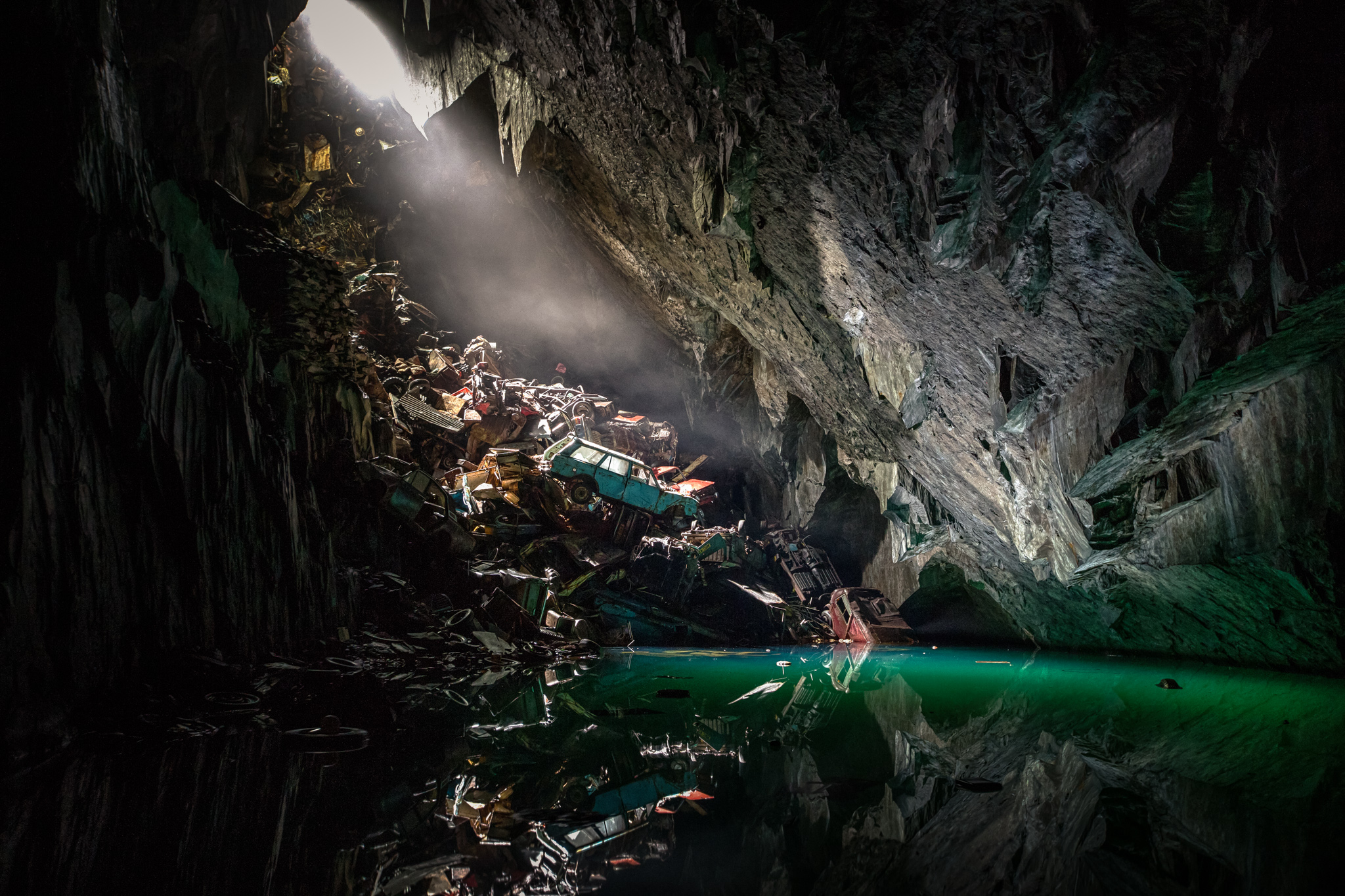Profile of Vaclav Smil
The Walrus has a great profile of controversial writer Vaclav Smil, a prolific scribe of non-fiction about whom Bill Gates said “I wait for new Smil books the way some people wait for the next Star Wars movie.”
Smil is a complicated figure, often pitting himself against environmental activists. I expected to disagree with a lot of his points, but after reading the profile I find myself much more in sync with his views than I would have expected, particularly with his view that decarbonization of the economy is going to be problematic, if not outright impossible. It pains me, but I’ve thought that for years. I’ve gotten into more than one argument with positive-thinking people who told me straight-faced that our economy would be totally de-carbonized within a couple decades. I’m much more pessimistic, despite going to great lengths de-carbonize my own life.
As the profile reminds us:
Vaclav Smil has spent half a century provoking combatants on all sides to examine their assumptions.
